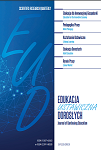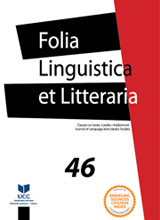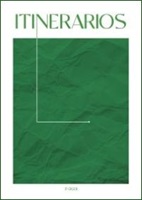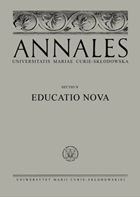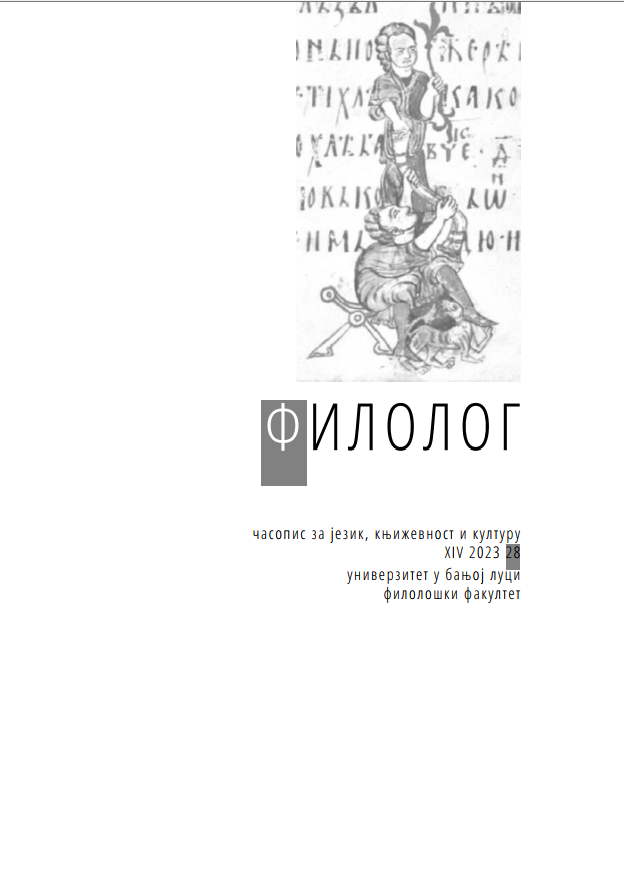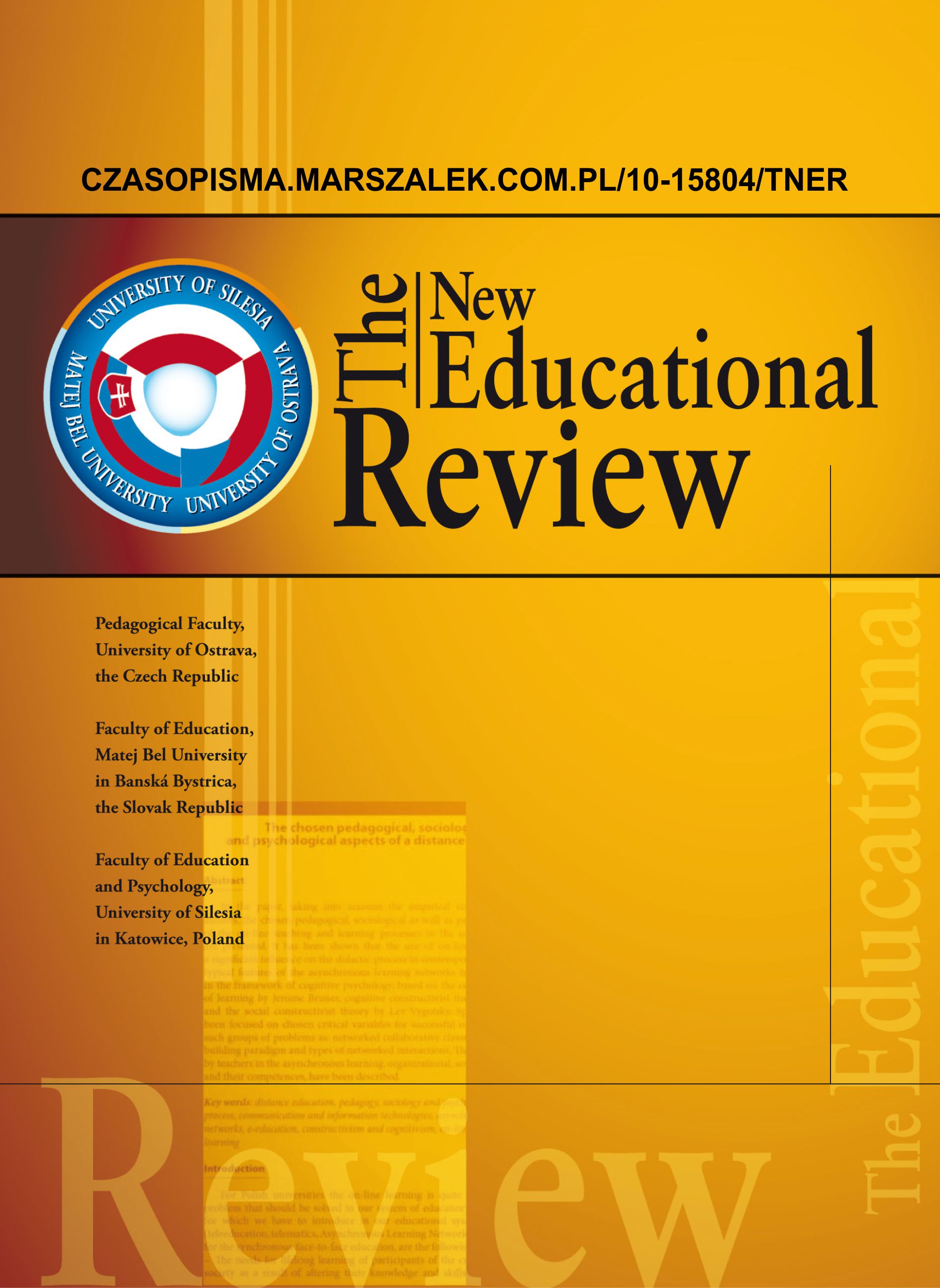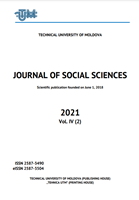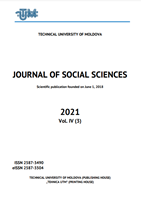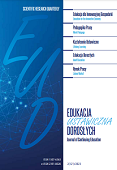
Nauczyciel i uczeń w edukacji zdalnej w Polsce - postpandemiczne reminiscencje
The emergence of the COVID-19 pandemic in Poland was a catalyst for sudden educational changes related to the need to introduce distance learning. The aim of the article was to show which areas proved to be crucial for teacher and student functioning within online education. Dimensions relating to digital competence, interpersonal relationships and the positive and negative effects of distance education were discussed. The main difficulties faced by teachers and students were identified. Teachers’ demands for the organisation of distance learning in the future are presented. The research lead to the reflection that a positive aspect of remote education was the increase in digital competences of its participants. However, it was also observed that distance learning introduced a decrease in the quality of education, psychological, physical and social well-being.
More...
